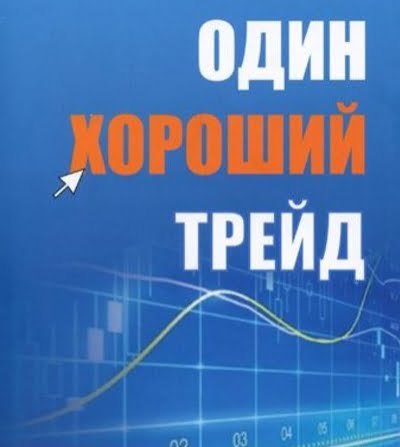Hello! Surely many are interested in learning about, which ones are better Books to read, if you are interested in the topics of investment and finance. There are a lot of yellow" Literature, which cannot teach anything useful.

Investment Books, FinanceInvestment Books, Finance
I, when I just got interested in investing, studied this topic in several directions: googled things that I do not understand, called the broker with questions, climbed into forums and, certainly, read different books about investments.
At all, bestsellers and really useful books rarely appear in a wide circle of the financial sphere. Mostly, when looking for books on investment, search engines will give approximately the same results.
Two years ago I wrote the post `` Investing for beginners: books and services ''. In that post I mentioned books, which for me turned out to be the first basis in investment. Among them (from easy to difficult) – & quot; Notes in Investing" from Arsager Criminal Code, & quot; Prudent Investor" Benjamin Graham, & quot; Analysis of securities" Graham and Dodd, & quot; Financial market analysis" Kiyanitsy.
Today I want to write about a few more interesting, and most importantly, useful books about investment and finance, which have always been included in all sorts of tops and were mentioned in the books of major financiers and even Nobel Prize winners in economics.
1. The richest man in Babylon" George Clayson. I noticed this book, reading The Prudent Investor's Guide" legendary John Bogle – founder of The Vanguard Group and invented ETF. The Richest Man in Babylon" teaches you how to save and invest, increasing your capital, without squandering it. Babylon was one of the first cities, where the modern financial system was born. This was the inspiration for the author of the book.. The main character of the book – Babylonian oligarch Arkad bequeaths:
– put off at least 10% income
– live within one's means, avoiding unnecessary spending
– invest wisely, using time and compound interest
– earn more, look for new sources of income
– not invest in something, what you don't understand and don't try to get rich quickly and easily
2. `` Money without fools" Alexander Silaev. If you dream of getting rich in the stock market, you are drawn to speculation and gambling, then this book will be a cold sobering shower for you. The book is not easy to read, there are abstruse terms, but she describes investing in financial markets as it is, without rose-colored glasses. If you know more, how 1% experienced professionals in the market, then Trading for you. Otherwise, it is better to prefer conservative investments. The more knowledge, the more chances you have. Here are a couple of quotes from the book:
– `` You can do everything right in the financial market, but lose. You can go wrong and win."
– `` Don't believe those, who promises "profitable strategies from 50 % per annum "for a weekly rate. This is crap. Nothing is given for nothing."
3. An Accidental Walk Down Wall Street" Burton Malkiel. One of the main ideas of the book sounds like this: Blindfolded monkey, throwing darts in stock lists, can choose a portfolio, which will give the same results, like a portfolio, selected by highly paid advisors"
In other words, the author says, that passive investing in index companies will be at least as good as active portfolio building. In this regard, the ideas from the book are close to index investing according to John Bogle.. The author sharply criticizes technical analysis, making a conclusion, that he does not work at all in the market.
4. `` What have I learned, having lost a million dollars" Jim Paul and Brendan Moynihan. This book is recommended and mentioned by Nassim Талеб в своём легендарном "Чёрном лебеде". In the book, the authors analyze the psychological reasons for failure, not only in finance., but also in business. Either wrong analysis leads to failure, or psychological factors. For example, Do you like something in your heart? stock and you already want to buy it. And your analysis is built on optimism, you will stop noticing objective risks and problems. This is called rationalizing decisions already made.. This example and other lessons from the lives of the authors will help you understand and prevent most of the ciao risks., investment-related.
5. & quot; Principles of Corporate Finance" Richard Brailey and Stuart Myers. I'll tell you right away, that this book is not for the amateur and not for everyday reading in the evenings. She's pretty complicated, but teaches financial management and analysis of investment projects. The book describes the basic concepts of financial management: cash flow, present value, discounting, internal rate of return on investment, cost of attracted capital, etc..
Besides, describes the mechanisms of functioning of financial markets, as well as various investment instruments, including derivatives. Book for those, who wants to understand financial management at a high level, not at the level of popular science books and YouTube channels.
In this way, I would recommend reading these books for those interested in finance and investment at different levels. I tried to describe in detail their main essence, so that you choose a book to your liking.
Even more useful information about investments and finance in my Instagram – @long_term_investments . Subscribe!


